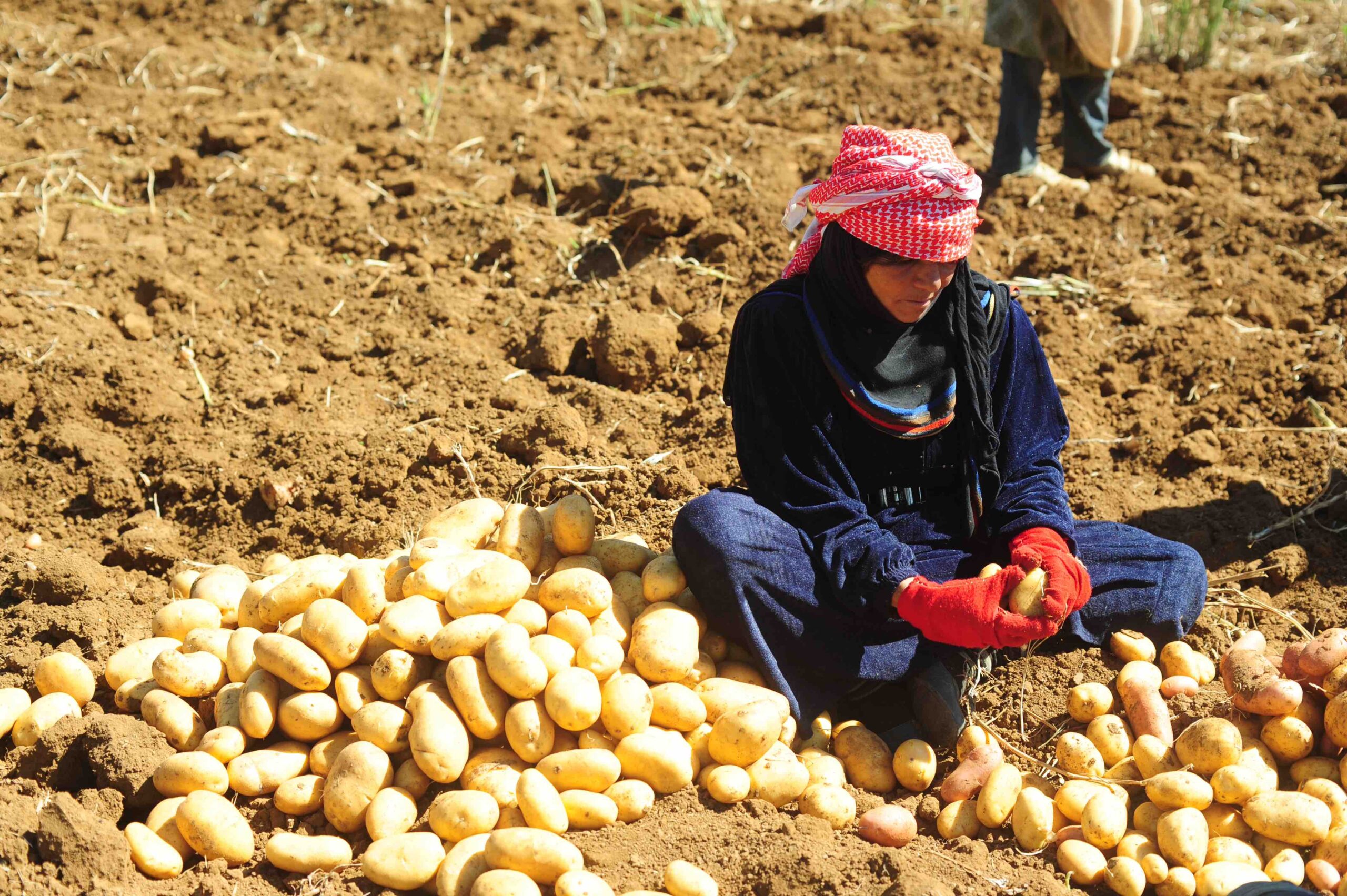Yesterday, The Integrated Food Security Phase Classification (IPC) initiative published its acute food insecurity projection update for Lebanon, covering the period between April and September 2024.
The IPC, which is considered the most reliable source on food security, estimated that 1.26 million people in Lebanon are expected to face “high levels of acute food insecurity” (classified as IPC Phase Three or above) between April and September, which includes 85,000 individuals in a state of emergency (Phase Four).
The Report’s Key Findings
The analysis, which covers a population from a number of social backgrounds and geographical locations, attributes the country’s worsening food security prospects to two main reasons.
On one hand, food security in Lebanon continues to be impacted by the ongoing conflict. While initially limited to a few areas near the border, Israeli aggressions continue to expand in scope to engulf areas deeper into Lebanese territory, including the Bekaa region and even Beirut.
On the other, humanitarian food assistance in Lebanon has suffered from further cuts in funding, accompanying other supensions in humanitarian and development assistance to the crisis-ridden country.
In addition, the country’s triple-digit inflation levels are expected to continue throughout the upcoming month, with food inflation in specific to be impacted by the likely phase out of the bread subsidy.
The report identifies the areas of Akkar, Baalbek, El Minieh-Dennie, Saida, Tripoli and Zahle to be most impacted by the deterioration in food security prospects, as the rate of people at a stage of emergency there is expected to remain the highest.
Importantly, these areas are also host to Lebanon’s main informal settlements for Syrian refugees, where poor infrastructure, deteriorating water, hygiene and sanitation (WaSH) conditions and further cuts in services put hundreds of thousands of individuals’ access to basic needs in a precarious state.
Israeli Aggressions and Food Security
Since October 8, Israeli forces have repeatedly used the internationally banned white phosphorus and different air raids on Lebanese non-combatant spaces, such as farms, fields, schools, healthcare centers and many others.
For Lebanon’s ecology, Israeli operations have affected 800 hectares of land and green spaces in South Lebanon, in addition to causing damages estimated to exceed three billion US dollars, according to the Ministry of Agriculture.
With the additional targeting of farms and poultry, such aggressions have significantly impacted the country’s food security prospects, especially for peasants and farmers with limited access to adequate economic opportunities.
Increased Humanitarian Funding Cuts
Starting 2024, a number of humanitarian and development initiatives in Lebanon have significantly suspended a range of activities as a result of decreasing funding.
The United Nations High Commissioner for Refugees (UNHCR) announced suspensions in funding that would impact aid to one third of recipient families. The WaSH sector, on its part, has only secured a fraction (four million US dollars) of its required 35 million US dollars.
Adding to the deteriorating state of the country’s vital sectors, mainly its public institutions, food security and overall socioeconomic conditions are expected to continue their downward trend.
As matters stand, the country’s most marginalized groups are set to suffer the most from such deteriorations. Refugees, already on the receiving end of violent attacks and discriminatory policymaking, remain in uniquely precarious living conditions.


